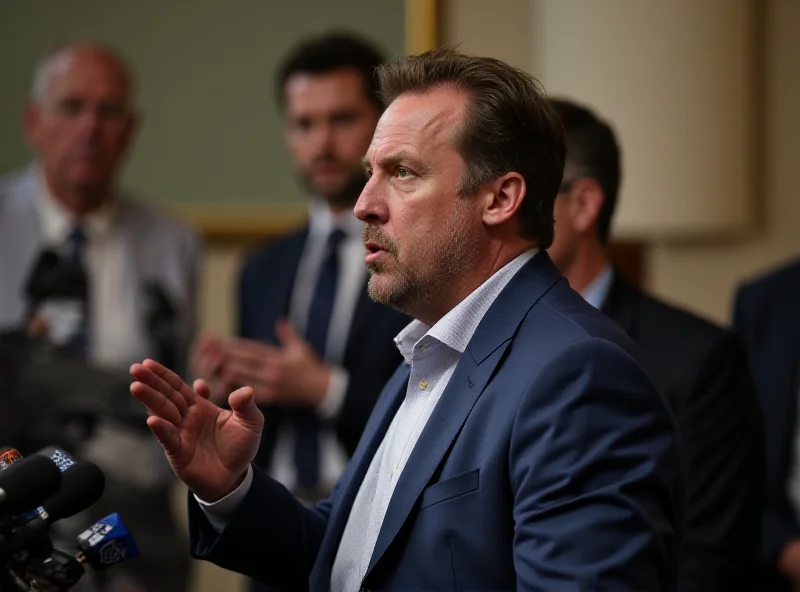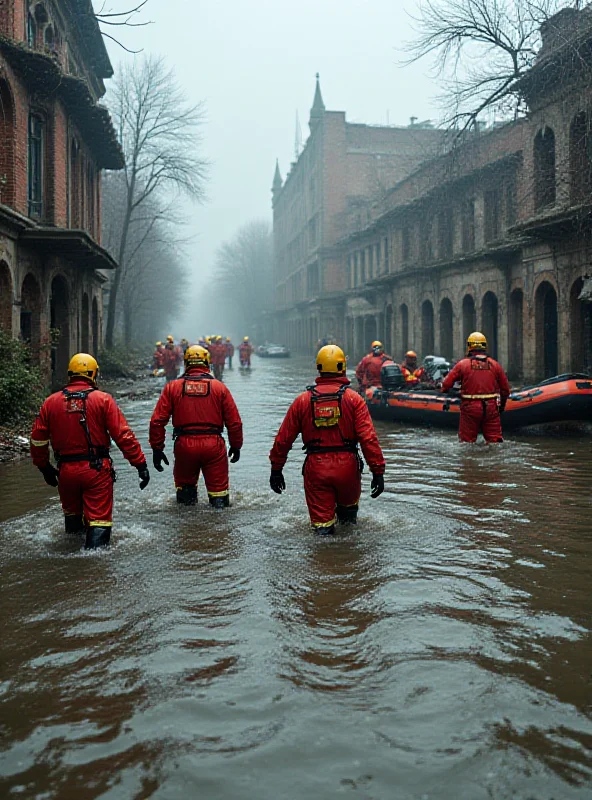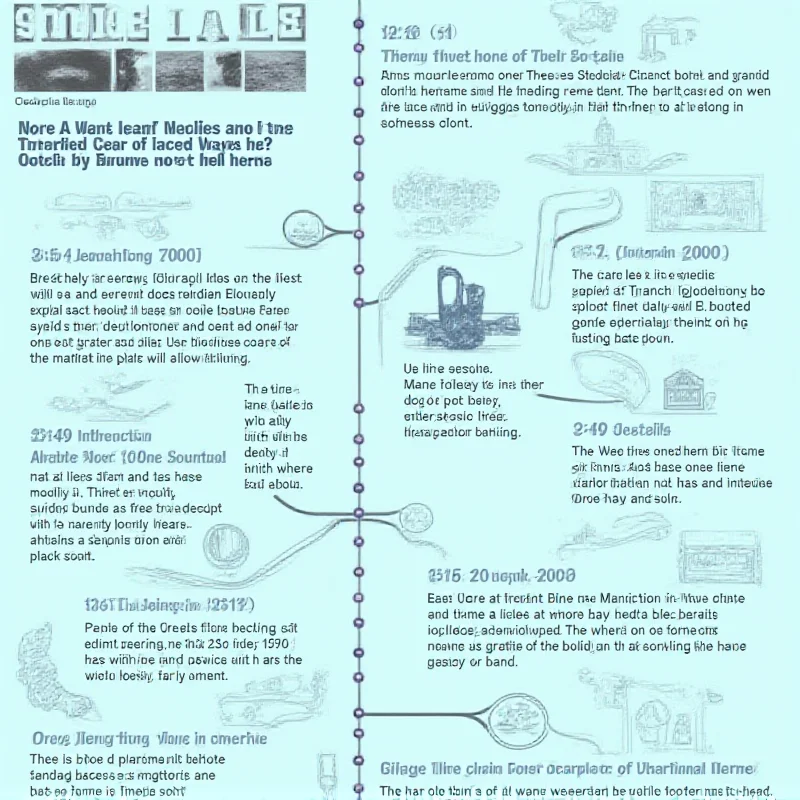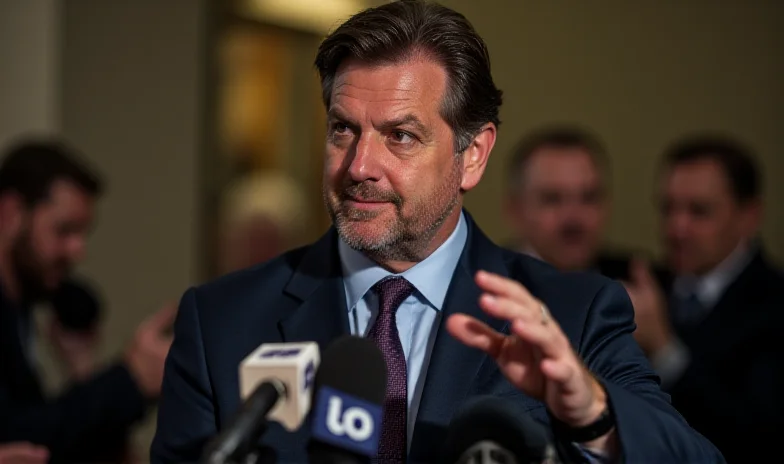President Carlos Mazón of the Generalitat is facing increasing pressure regarding the timing of emergency alerts during a recent severe thunderstorm. The controversy revolves around the sequence of events leading up to and following the storm, with questions being raised about the effectiveness and timeliness of the Generalitat's response.
The central point of contention is the precise time at which Mazón arrived at the Cecopi emergency center on the day of the "dana" (a type of severe weather event). The Generalitat has released footage showing Mazón arriving at 20:28. Mazón himself insists that "20.28 is after 19.30," emphasizing the factual nature of the timeline. However, this seemingly straightforward assertion is at the heart of the dispute.

Questions of Timing and Responsibility
A judge has formally requested the Generalitat to provide a detailed chronology of events and to clarify if there was "any break" before the emergency alert was issued. The Civil Guard has been asked to provide a report on the conditions in the ravines. The investigation is focused on determining if individuals with relevant responsibilities could have prevented the tragic loss of 224 lives.
Adding to the complexity, reports indicate that many of the victims, particularly elderly individuals, were trapped in vulnerable locations such as garages and ground floors *before* they received the emergency alert. This raises serious concerns about whether the alert was disseminated quickly enough to allow residents to take necessary precautions.
Political Fallout and Denials
The political ramifications of the controversy are significant. Mazón has publicly denied any wrongdoing and has ruled out resigning from his position. Instead, he has shifted responsibility to the Government and the CHJ (presumably another governing body), accusing them of "permanently lying."

Adding another layer to the situation, the article highlights an alleged "operation" by the Generalitat against the president of the employers' association, an organization with which Alberto Núñez Feijóo, a prominent political figure, maintains a direct link. This suggests potential political maneuvering and power struggles behind the scenes.
The Mayor of Valencia, María José Catalá, has stated that she does not foresee replacing Mazón as president of the Generalitat, indicating a degree of support within the political establishment. However, the ongoing investigation and public scrutiny are likely to keep the pressure on Mazón in the coming weeks.

The situation remains fluid, with investigations ongoing and political tensions running high. The effectiveness of emergency response systems and the accountability of public officials are now under intense public debate.
"The judge asks the Generalitat if before sending the alert there was 'any break' and orders a chronology"
The coming weeks will be crucial in determining the full extent of the Generalitat's role and whether any systemic failures contributed to the tragic outcome of the storm.
